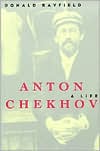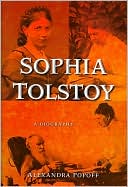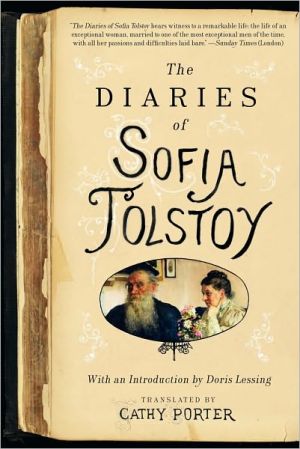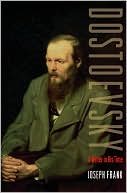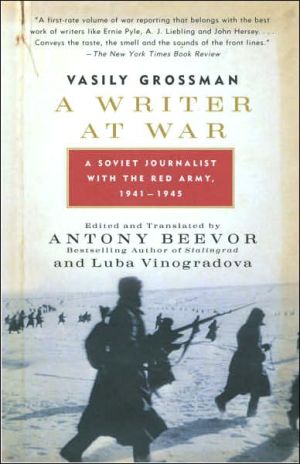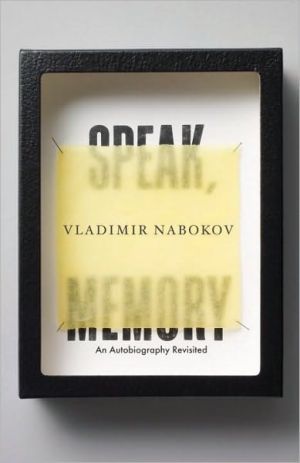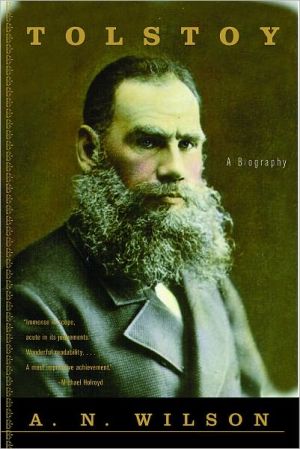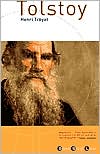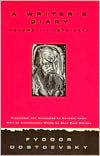Anton Chekhov : A Life
Anton Chekhov's life was short, intense, and dominated by battles, both with his dependents and with the tuberculosis that killed him at age forty-four. The traditional image of Chekhov is that of the restrained artist torn between medicine and literature. But Donald Rayfield's biography reveals the life long hidden behind the noble facade. Here is a man capable of both great generosity toward needy peasants and harsh callousness toward lovers and family, a man who craved with equal passion...
Search in google:
Anton Chekhov's life was short, intense, and dominated by battles - both with his dependents and with the tuberculosis that was to kill him at age forty-four. He was one of the greatest playwrights and short-story writers ever born, but he was torn between medicine and literature, as he was between family and friends, between a longing for solitude and a need for company. When he was a child, his family life was at times made a hell by a monstrous father, a possessive sister, and delinquent elder brothers; his own adult life was tortuously balanced between the affections of a series of mistresses and a marriage to an actress that was not as idyllic as it has traditionally been painted. Donald Rayfield's biography strips the whitewash from the image of Chekhov and shows us what lay behind his restrained, ironic facade. The result does not denigrate him but shows him in the full heroism of his brief, prodigiously creative life. Rayfield has spent more than three years combing the Chekhov archives all over Russia (Chekhov was a restless traveler for the whole of his life, going from Siberia to the Cote d'Azur) and has uncovered thousands of documents and letters from Chekhov's lovers, friends, and family, most of them never published before, which cumulatively tell of a life far more entangled and turbulent than we ever previously suspected. The many cuts made in Soviet and foreign editions of Chekhov's and his wife's letters have been restored; what once was hidden is now revealed. (Sunday Times) - Arthur Miller Full of fascinating surprises. It is hard to imagine another book about Chekhov after this one .... A sculpted likeness of a most human genius shown in the context of his time.
\ Arthur MillerFull of fascinating surprises. It is hard to imagine another book about Chekhov after this one .... A sculpted likeness of a most human genius shown in the context of his time.\ —(Sunday Times)\ \ \ \ \ New York Times Book ReviewThe life Ravfield describes is no less impressive fo having a flawed, at times unsympathetic, figure at its center. And his restraint in presenting his controversial new findings.—along with the sheer quantity of fresh material he has amassed—is finally what makes his portrait so persuasive. His clear-eyed, critical sympathy for his less-than-perfect subject might have been borrowed from Chekhov's own writing.\ \ \ Publishers WeeklyGorky said of Chekhov that no one understood as clearly as he did "the tragedy of life's trivialities." Rayfield certainly does. His biography of Chekhov is rife with tiny details that together create a pointillist portrait of Chekhov, his large family and the legion of friends, hangers-on and "Antonovkas," or female admirers. About halfway through the book, there have been enough of these painstakingly applied points to create a nuanced portrait of an intensely Russian man. Chekhov was the grandson of a freed serf, the son of a brutish and sanctimonious father. His elder brothers were irresponsible drunkards while his numerous friends vacillated between braggadocio and desperate neediness. Perhaps because he could maintain a certain emotional aloofness, Chekhov managed to support his menagerie while writing some of the world's great short stories and plays. Rayfield's careful research into primary sources reveals numerous letters that have been ignored or tactfully bowdlerized. The result is a portrayal of a man rather randier, more put-upon and more human than previously betrayed. This does no disservice, but sometimes the sheer bulk of detail does. Do we really need to know that Chekhov's father made his own mustard or that in the winter of 1892, Chekhov bandaged his publishers' governess's leg after she fell off a wardrobe or even the schedule of family members' endless peregrinations? While this will no doubt be a crucial addition for Chekhov scholarship, a few broader strokes and more background into the rapidly changing politics and society of Russia would have made it more useful for the narodni as well. 24 pages of b&w illustrations not seen by PW (Feb.)\ \ \ \ \ Library JournalHaving spent five years researching Chekhov's life in Russia, where he uncovered previously unpublished letters and documents from family, lovers, and friends, Rayfield (Russian, Univ. of London) is able to throw fresh light on the life and work of one of Russia's great writers. Rayfield concentrates on Chekhov's relationships with his family and friends and the role tuberculosis played in his life, paying less attention to analyzing his fiction except when the works emerged from his experiences. As a result, Chekhov's medical training and stormy relationships with his family come vividly to life, as does his battle with tuberculosis, which claimed him at age 44. Those new to Chekhov will find Rayfield's short, concise chapters a blessing. This should become a standard reference on Chekhov's life; recommended for all literary collections.Ronald Ratliff, Chapman H.S. Lib., Kan.\ \ \ \ \ BooknewsRayfield (Russian Literature, Queen Mary and Westfield College) combed Chekhov archives to uncover thousands of documents and letters (most never before published) which tell of a life far more entangled and turbulent than ever suspected. Holding to the theory that biography is not criticism, the author discusses Chekhov's stories and plays only as they emerge from his life and affect it, and he explores Chekhov's life as a son, brother, friend, and lover. Annotation c. by Book News, Inc., Portland, Or.\ \
